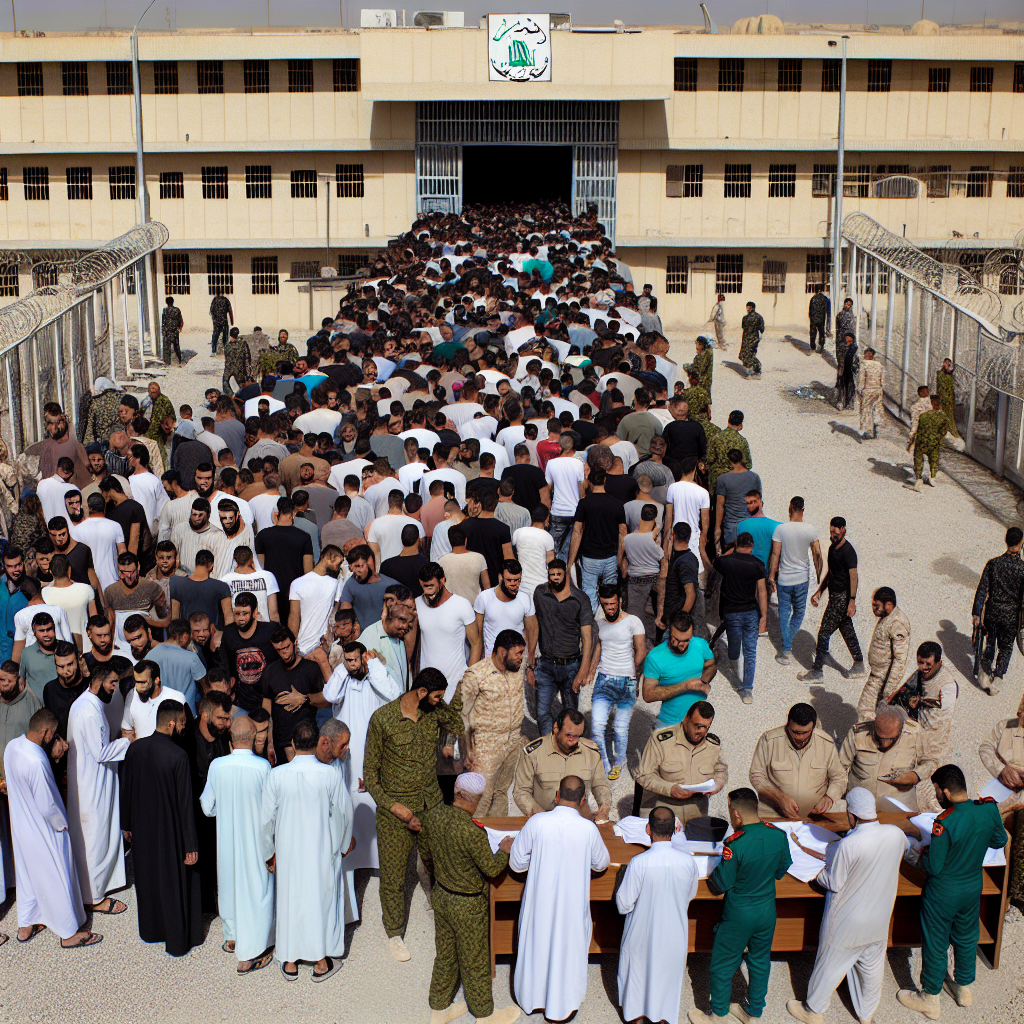Iraq Releases Over 19,000 Prisoners Under New Amnesty, Including Former ISIL Members
Iraq Releases Over 19,000 Prisoners Under New Amnesty
Overview of the Amnesty Initiative
In a significant move, Iraq has released more than 19,000 prisoners as part of a new amnesty program. This initiative aims to address overcrowding in prisons and promote national reconciliation. The release includes a diverse group of individuals, among them former members of the Islamic State of Iraq and the Levant (ISIL).
Key Details of the Release
- Number of Prisoners Released: Over 19,000 individuals have been granted amnesty.
- Inclusion of Former ISIL Members: The release includes individuals who were previously affiliated with ISIL, sparking discussions on security and rehabilitation.
- Objective: The primary goals are to alleviate prison overcrowding and foster a sense of national unity and healing.
Implications and Reactions
The release has generated mixed reactions both domestically and internationally. While some view it as a positive step towards reconciliation, others express concerns about the potential risks associated with releasing former ISIL members.
- Support for the Initiative: Advocates argue that the amnesty could help integrate former prisoners back into society and reduce tensions.
- Security Concerns: Critics worry about the possibility of recidivism among former ISIL members and the impact on national security.
Conclusion
Iraq’s decision to release over 19,000 prisoners, including former ISIL members, under a new amnesty program is a bold step towards addressing prison overcrowding and promoting national reconciliation. While the initiative has been met with both support and skepticism, it underscores the complex balance between security and rehabilitation in post-conflict societies.

































